The plant kingdom is a herbal gold mine of nutritional pleasure, providing a wide range of choices to improve your health and well-being. From vitamin-laden leafy greens to antioxidant-rich fruits, adding varieties of plants to your plate is the best way to achieve a balanced nutritional diet. When you have so many selections to choose from, it helps to pinpoint the best options to guide you on your way to a healthier lifestyle. This article delves into some of the most potent plant-based foods to incorporate into your diet:
Kale, Spinach, and Collard Greens: These green giants are famous for their rich nutrient content, as they contain the highest concentrations of vitamins A, C, and K, which are essential for supporting vision, the immune system, and bone strength. Besides, they act as good suppliers of folate, which is of great importance for cellular growth and development.
Moringa: While it is not as popular as many other foods, moringa has started to gain recognition in the health sector due to its great nutritional characteristics. Dubbed the “miracle tree,” moringa leaves contain proteins, vitamins, minerals, and antioxidants that can substantially elevate health status.
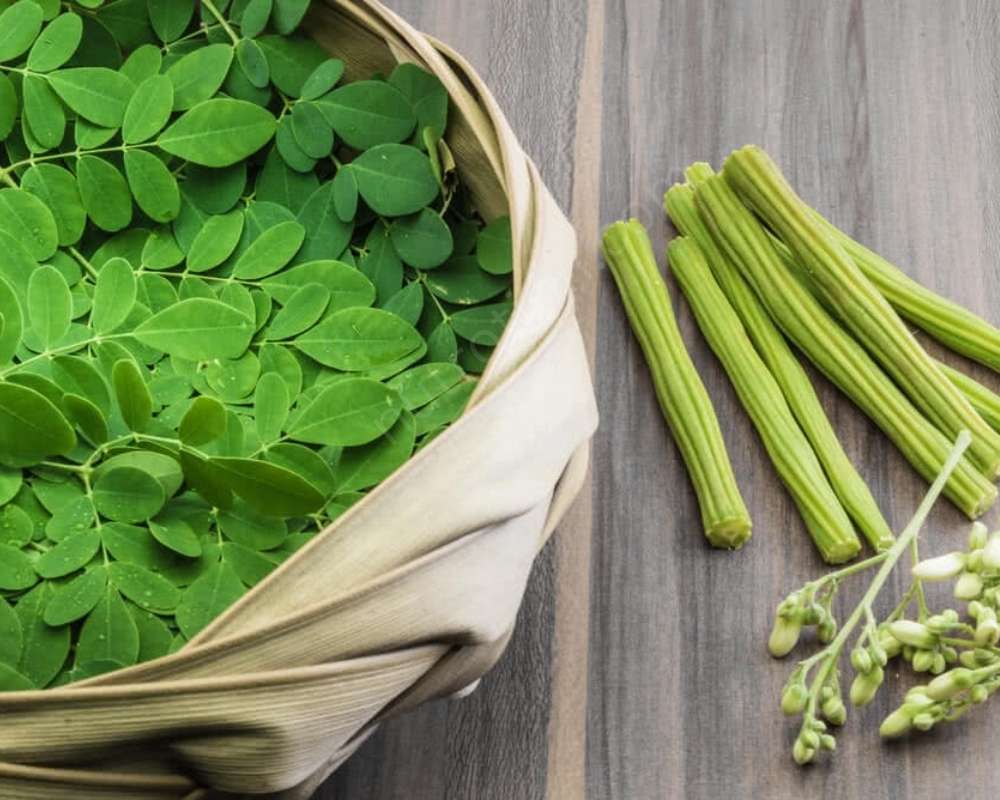
Bell Peppers: Not only do bell peppers boast their green, yellow, and orange colors, but they are also rich in vitamin C, a powerful antioxidant that works against inflammation and boosts the immune system. The red peppers specifically are known for their lycopene content, an antioxidant that decreases the odds for heart problems.

Broccoli: This cabbage family champ is a nutritious champion loaded with vitamins C and K, folate, fiber, and potent antioxidants, which may play preventive roles against certain types of cancers.

Sweet Potatoes: Along with their great taste, sweet potatoes are a wonderful source of beta-carotene, a precursor to vitamin A, critical for healthy vision and skin. Thus, eating sweet potatoes is a healthy alternative. In addition, they deliver a generous amount of fiber and antioxidants that fight off diseases.

Berries: They are vibrant in color and loaded with antioxidants as well as vitamin C, which contribute to reducing inflammation while enhancing cardiovascular health.

Citrus Fruits: Grapefruit, oranges, and lemon are the citrus trilogy that is the highest source of vitamin C, which is key to the proper functioning of the immune system and collagen production. Moreover, grapefruits have fiber, which is good for digestion and satiety.
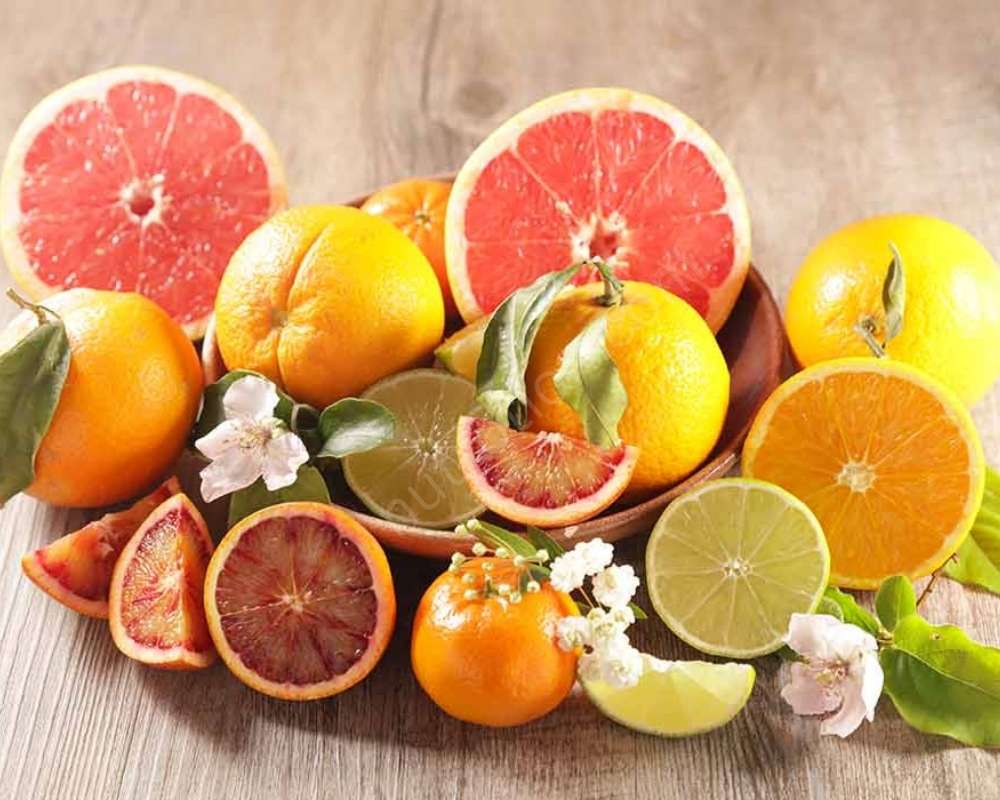
Avocados: They are known for their healthy fats content and are also great sources of potassium used for regulating blood pressure levels.

Lentils and Beans: Their nutrient density shouldn’t be underestimated! Lentils and beans are, of course, excellent plant-based sources of protein and fiber, and also contain important minerals such as folate, iron, and others to build a diet around.
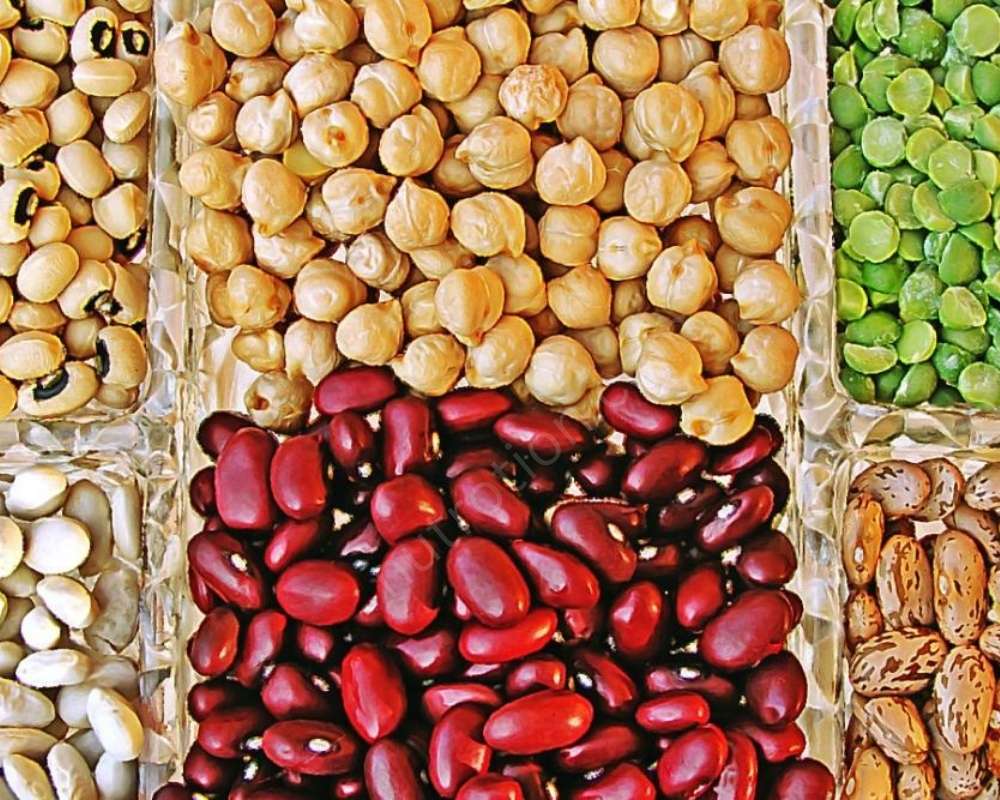
Peas: Most likely considered vegetables, peas are botanically legumes, adding a sweet and colorful punch to dishes and at the same time providing the body with protein, fiber, and vitamin K, which aids in clotting blood and building bones.
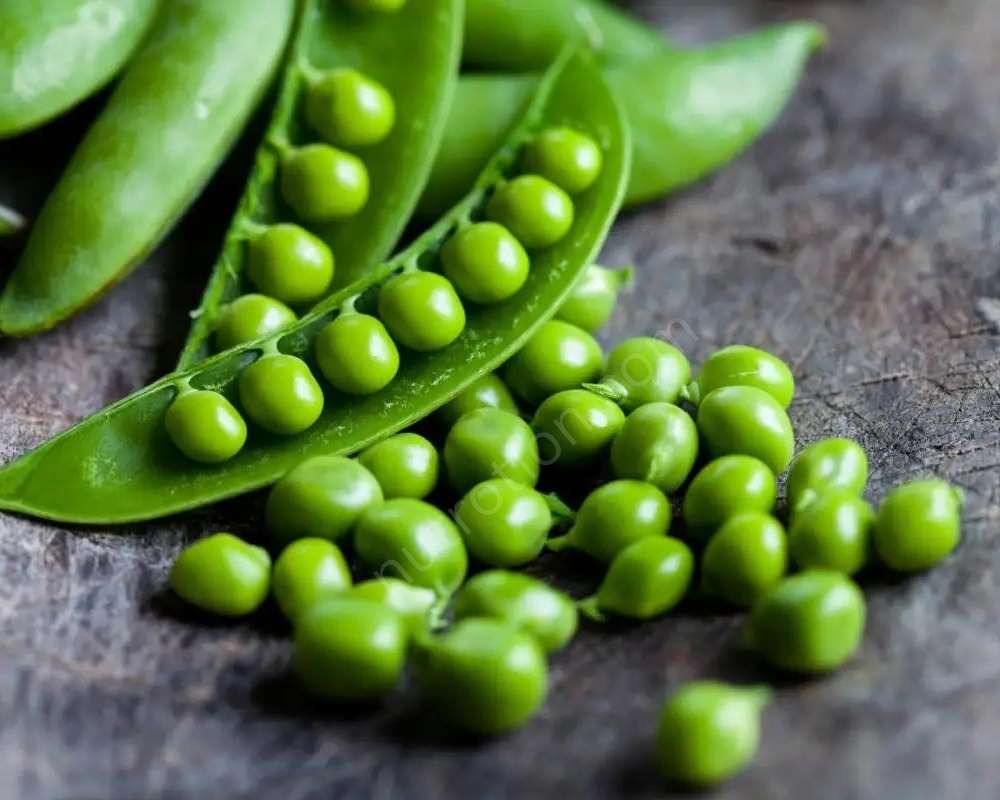
Flaxseeds: These minute seeds contain omega-3 fatty acids that are beneficial for the heart and brain. Furthermore, they are a good source of fiber involved in satiety and good digestive health.

Walnuts: Shaped just like brains, walnuts are full of omega-3 fatty acids, protein, and fiber and therefore are the best choice for both cognitive and cardiovascular health.

Chia Seeds: Surprisingly, chia seeds are loaded with nutrients despite their tiny size, containing significant amounts of fiber, protein, good fats, and essential minerals, making them a multipurpose ingredient in different foods.

Almonds: They are top nuts for cardio-health, packed with monounsaturated fats, protein, fiber, and vitamin E, an antioxidant that protects cells from oxidative changes.
Garlic and Onions: Besides their appealing taste, garlic and onions contain bioactive compounds with anti-inflammatory and anti-inflammatory properties, thus increasing both appetite and healthiness in your diets.
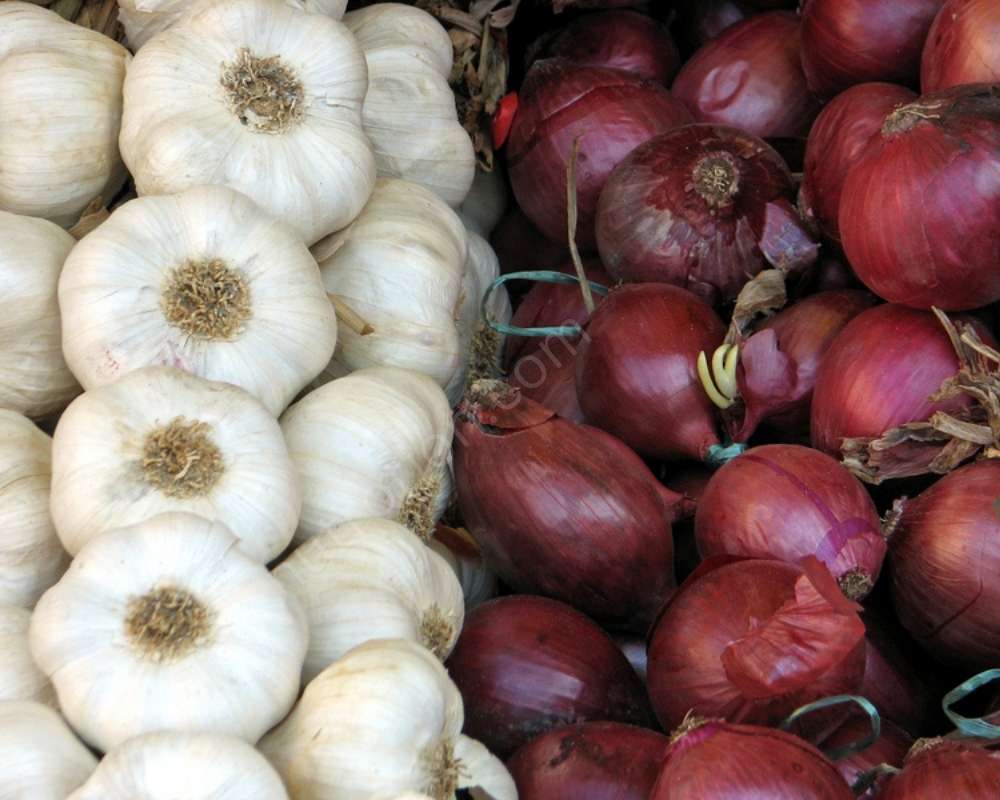
Turmeric: Turmeric, yellow in color, contains curcumin, which is a powerful antioxidant known for its anti-inflammatory properties and therefore many health benefits.

Ginger: This multifaceted root vegetable is the source of the spicy kick, anti-inflammatory, and nausea-relieving properties used in cooking, thereby providing flavor and health to your food.

The nutritional value of plants is more than just a vital source of life. Herbs such as basil, oregano, and rosemary not only add flavor to your meals but also possess antioxidants that may shield you from chronic illnesses. Blending these herbs with your dishes can make them not only tasty but also richer in nutrients.
Diversity is key! Incorporating these nutritional powerhouses from the plant kingdom into your diet can lead to improved health and vitality. Discover the diversity of recipes, the new fruits and vegetables, and the richness of flavors and nutrients that plant-based foods have to offer.

